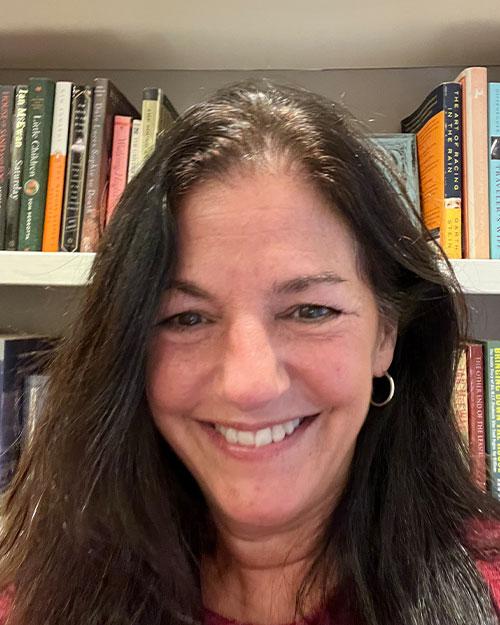Instructor Spotlight: Pam Gillman

Tell us about your background and what inspired you to teach this course
Pamela Gilman: I graduated from Tufts with a degree in child studies and went to law school with the goal of helping children in need. I was lucky enough to get a job with a firm in Boston and quickly gravitated to litigation and in particular medical malpractice defense. I realized that I loved the complexities of medicine, the passion of my clients, and the challenges of the courtroom. After almost 40 years, I still love what I do. Given that many of my cases involve ethical issues, a few years ago, I thought about going back to school part time to get a masters degree in bioethics. When I looked into it, the curriculum didn’t excite me. I had something else in mind. The makings of this course began to form. I love the process of learning and am truly grateful to have the opportunity to continue to learn from my colleagues and now, from my students.
We covered a field trip you went on in early October, could you tell us a bit more about your trip to Quest Medical Labs and how it contributed to your course?
PG: One of the topics we explored in the class is the way in which technological advances in genetics have created ethical issues that did not previously exist, such as having a genetically engineered child to save the life of another child through stem cell transfers. For me, learning is enhanced by hands-on experiences, so I thought that the students would enjoy a private tour of the genetics lab at Quest Diagnostics. One student commented that the field trip was “sick” which I am told is a good thing.
Part of your course focuses on ethical issues in regards to in-vitro fertilization and organ donation. What are the ethical issues you and your students study in these instances?
PG: A few of the issues that we have explored are the medical, legal and ethical challenges of surrogacy, the use of patient cells for medical research and the right to sell organs for transplantation. We have looked at real cases and have had lively class debates on both sides of these issues.
What do you hope students take away from your course?
PG: I would like the students to think more critically about where technology will take us. We started the course by reading the book Brave New World. When it was written in 1932, Aldous Huxley could not possibly have foreseen that his “utopian” world of genetically bred humans was possible. Where will we be in the next 90 years?
What is something you are looking forward to in your course later in the semester?
PG: We are currently preparing for a mock trial of a fictitious case involving a liver recipient who died from an infectious disease that he contracted from the donor organ. I am excited to see the spin that each team puts on the case and their creativity in presenting their positions.
Pamela Gilman (A81) has been a civil litigation attorney specializing in medical malpractice defense for over 35 years. Her work has led her to in-depth study of the relationship between ethics, medicine, and the law. She also has developed relationships with hospital risk managers, medical ethicists, genetic scientists, and organ procurement specialists, all of whom have expanded her thinking on medical ethics. She holds a JD from Boston University.